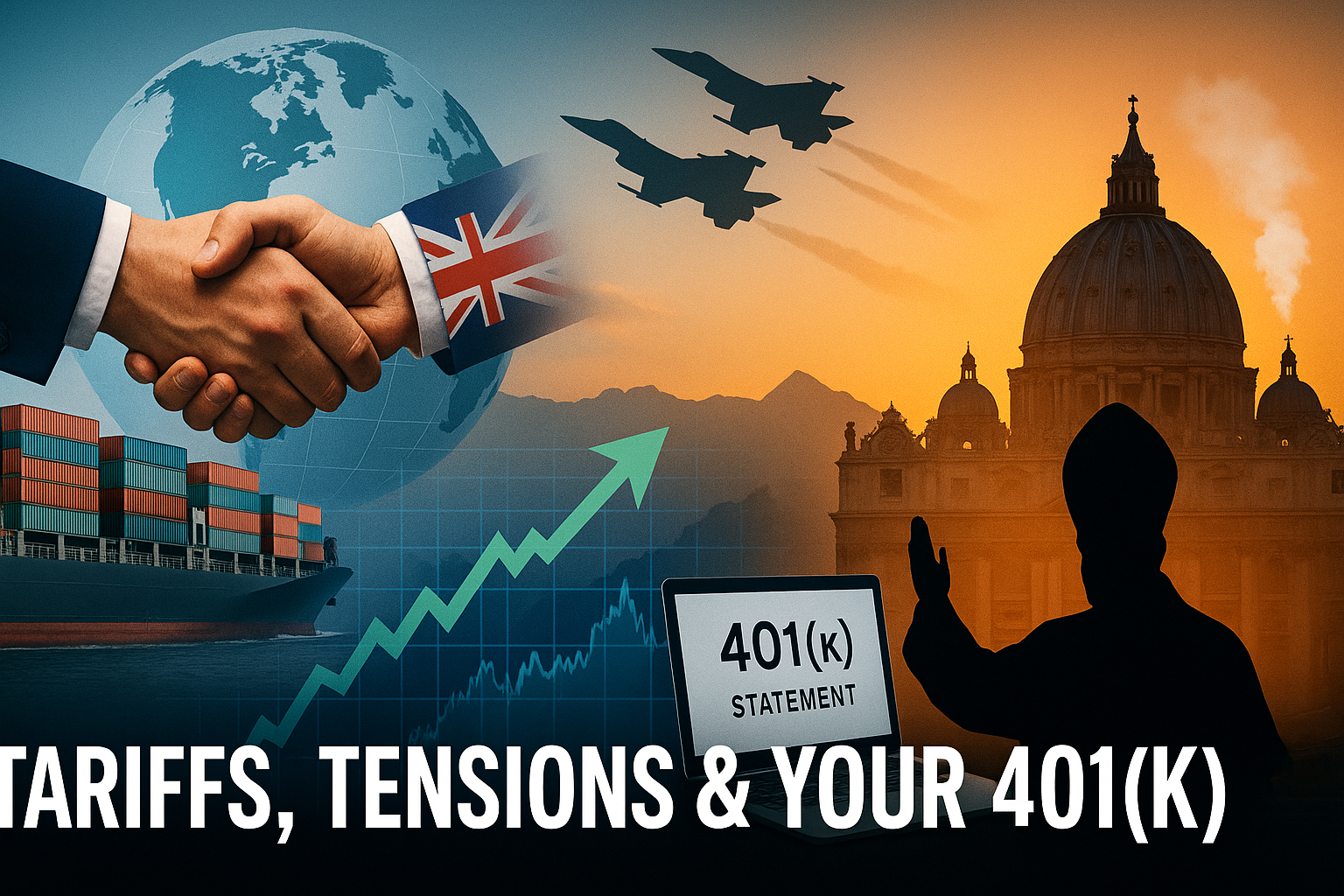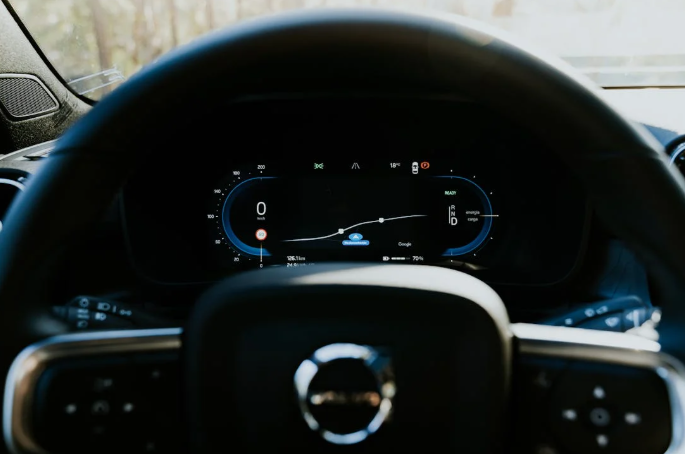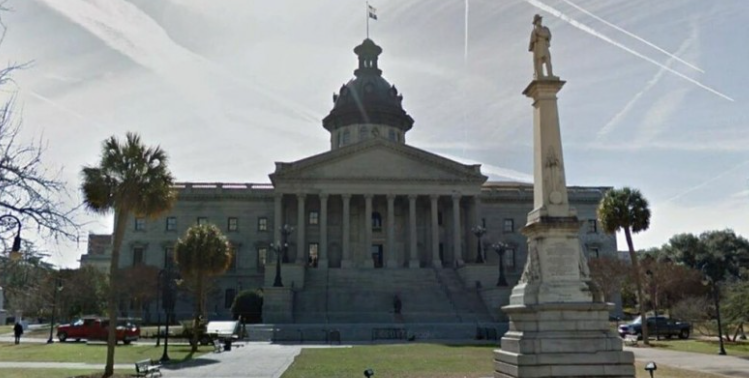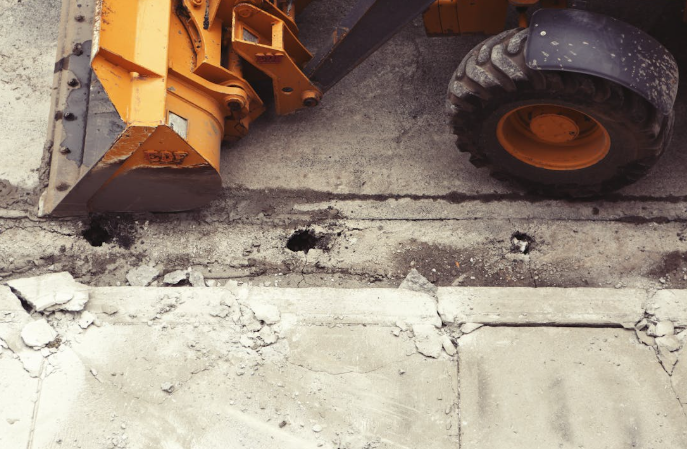A fresh U.S.-U.K. trade pact, a dangerous flare-up between nuclear-armed India and Pakistan, and the unprecedented election of an American-born pontiff are reshaping this week’s front page. Together they touch everything from the price of a six-pack of craft beer to the stability of global stock markets and even the moral vocabulary of U.S. politics. Here’s what the headlines mean for you:
The Atlantic Deal: Turning Tariff Walls into Speedbumps
Washington and London have signed the Economic Prosperity Deal, slashing or scrapping U.S. duties on British steel, aluminum and cars and giving American farm products easier passage into U.K. supermarkets. Early White House estimates point to a $5 billion boost in annual U.S. exports-think Midwest soybeans and Gulf-Coast ethanol-while British drivers could soon find right-hand-drive Fords a little cheaper at home.
Lower metal tariffs should help U.S. automakers and appliance factories keep costs down—a rare bit of deflationary news in the consumer-price story-while whiskey lovers may notice a few extra dollars shaved off single-malt imports once the pact takes effect this summer.
Beyond wallets, the deal signals Washington’s return to one-on-one trade diplomacy after years of focus on larger blocs, a tactical shift that farmers, small exporters and even online retailers will watch closely.
Kashmir Flashpoint: Why a Border Skirmish Can Hit Your 401k
More than a hundred Indian and Pakistani fighter jets tangled this week over the Line of Control after New Delhi struck militant camps it blames for April’s deadly Pahalgam attack. Islamabad answered with drone and missile salvos, and both sides’ media are rattling nuclear sabers.
The crisis matters far beyond South Asia. Previous India-Pakistan standoffs drove up crude-oil futures and sent global equities into short-lived tailspins; analysts warn the same pattern could repeat if traders price in the risk of supply disruptions or wider regional unrest.
U.S. diplomats are already on the phone urging restraint, but should American naval assets head for the Arabian Sea—as they did in the 2001 Parliament attack crisis—defense spending headlines and congressional briefings are sure to follow.
White Smoke over St. Peter’s-and over Main Street USA
For the first time in two millennia an American now wears the white cassock. Pope Leo XIV, born Robert Prevost of Chicago, emerged from the Sistine Chapel to cheers yesterday, pledging a church that “walks with the poor and listens to the planet.”
Roughly 70 million U.S. Catholics suddenly have a hometown pope whose biography-inner-city parish work, Spanish fluency, outspoken climate concern-mirrors many national debates. Expect lawmakers on both sides of the aisle to quote Leo when arguing immigration bills, anti-poverty tax credits or green-tech subsidies.
Market strategists also note that a pontiff sympathetic to responsible-investing themes could nudge faith-based pension funds toward lower-carbon portfolios, echoing Pope Francis’ effect on ESG investing a decade ago.










